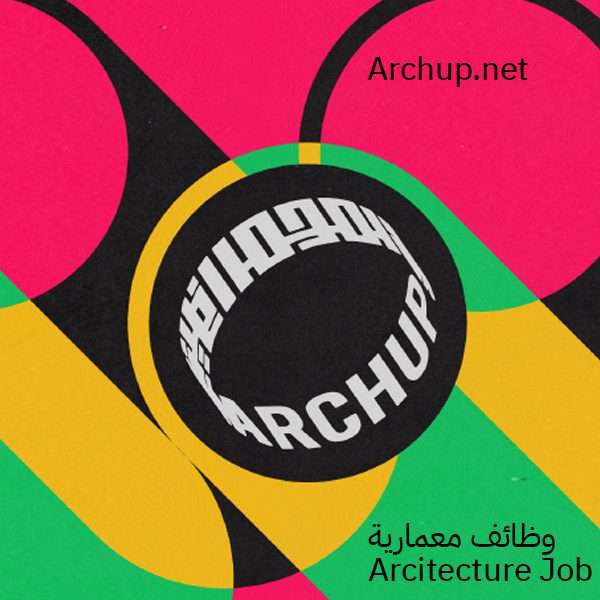Updates on engineering and architecture jobs available around the world
The Construction 4.0 agenda is influenced by the recent push for digital transformation to improve productivity and efficiency in the sector. However, assessment of productivity and performance in construction is contextual and is specified differently on various operations, while also requiring manual input to integrate data and reach a decision. These challenges are exacerbated due to the nature of construction processes, involving a high volume of data and multi-driver activities.
Existing methodologies for measuring productivity and performance of construction processes do not provide a process view and lack insight on the relationship between activities and their drivers, and how a change in one activity affects other activities, and ultimately the overall productivity. The fragmented productivity assessment methodologies coupled with the lack of transparency in analysing process data results in the inability to measure process waste, which contributes to the delay of asset delivery. Therefore, there is a need to move towards digitally enabled data-driven systems for tracking and assessing process data of built assets from the point of manufacturing onsite to the final installation offsite.
This project will develop a semantic digital twin by integrating Machine Learning (ML) and Digital Twin (DT) concepts for developing algorithms capable of handling dynamic process data, and interaction between plants and operatives in an offsite and onsite setting and retrieving data on process efficiency and performance based on key metrics (time, cost, and carbon). The intended output of the study will be an adaptable semantic model that captures knowledge on operational patterns of resources (equipment, operatives, materials) to support production planning and optimization in DT through simulations to achieve real-time mapping of data which provides measurable evidence on process inefficiencies and improvement opportunities.
This project is one of five PhDs in Digital Transformation. The successful candidate will be part of a growing community of doctoral and post-doctoral researchers and academics who are extending the boundaries of knowledge and delivering transformative solutions to real-world problems. The other projects in Digital Transformation are
- Automating the circularity potential assessment in building retrofitting Automating asset management:
- AI-driven approaches for enhanced efficiency
- Multi-actor transformation of production in construction: the case of novel concrete
- The sociotechnical interface with data in construction: aesthetics, emotion, and social discourse
Additional Funding Information
Tuition fees cover the cost of your teaching, assessment and operating University facilities such as the library, IT equipment and other support services. University fees and charges can be paid in advance and there are several methods of payment, including online payments and payment by instalment. Fees are reviewed annually and are likely to increase to take into account inflationary pressures.
The School of Architecture, Building and Civil Engineering’s studentship competition offers the chance for UK and International applicants who are interested in undertaking a PhD to have their full-time studies paid for.
The studentship is for 3 years and provides a tax-free stipend of £18,622 per annum (2023/24 rate) for the duration of the studentship plus university tuition fees.
Studentships will be awarded on a competitive basis to applicants who have applied to advertised projects starting with the reference ‘ABCE24’.







